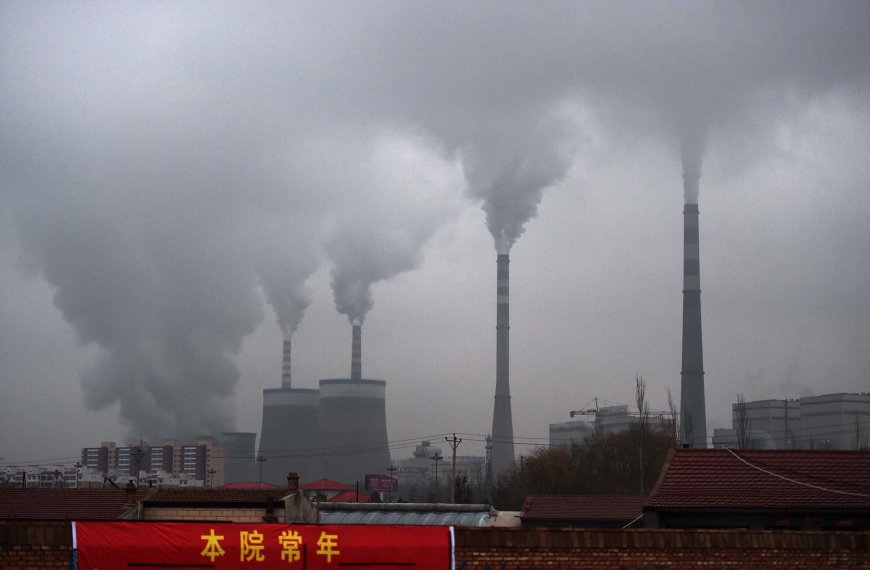Coal’s Last Stand: China’s Shift Away from New Coal Power Plants
China has significantly reduced its approvals for new coal power plants in 2024, marking a potential turning point in its energy policy. This article examines the reasons behind this shift, the challenges that remain, and the implications for global climate change efforts. Discover how China is balancing its energy needs with environmental responsibility.

In a surprising turn of events, China, the world’s largest consumer of coal, is showing signs of backing off from its aggressive expansion of coal power plants. After a surge in approvals over the past two years that alarmed climate experts, the first half of 2024 has seen a significant drop in new coal power plant permits.
This shift marks a potential turning point in China’s energy policy. In 2022 and 2023, China approved a staggering 90.7 gigawatts and 106.4 gigawatts of new coal capacity, respectively. However, in the first six months of 2024, approvals plummeted to just 10.3 gigawatts, an 80% decrease from the same period last year.
The reasons behind this dramatic decline are multifaceted. On one hand, China has been ramping up its investments in renewable energy sources like solar and wind power. The country leads the world in installations of these greener alternatives, which are becoming increasingly reliable and cost-effective. On the other hand, the Chinese government has faced mounting pressure from both domestic and international fronts to curb its carbon emissions and combat climate change.
Gao Yuhe, a project lead for Greenpeace East Asia, suggests that this could be a pivotal moment. “We may now be seeing a turning point,” he says. “Are Chinese provinces slowing down coal approvals because they’ve already approved so many coal projects, or are these the last gasps of coal power in an energy transition that has seen coal become increasingly impractical? Only time can tell.”
Despite the promising decline in new coal plant approvals, challenges remain. China’s energy grid still relies heavily on coal for periods of peak demand, as wind and solar power can be less reliable during these times. This dependency poses a significant hurdle in the country’s transition to a greener energy mix.

Moreover, the environmental impact of existing coal plants continues to be a major concern. Coal-fired power plants are a leading source of air pollution and greenhouse gas emissions, contributing to global warming and public health issues. The Chinese government has issued numerous documents in recent months aimed at reducing carbon emissions and accelerating the shift to renewable energy.
The decline in coal power plant approvals is a positive step, but it is only part of the solution. To truly address the environmental challenges posed by coal, China must continue to invest in renewable energy infrastructure and improve the efficiency of its energy grid. Additionally, international cooperation and support will be crucial in helping China achieve its climate goals.
As the world watches China’s energy policies evolve, there is cautious optimism that the country is moving in the right direction. The decline in coal power plant approvals could signal the beginning of the end for coal’s dominance in China’s energy landscape. If this trend continues, it could have significant implications for global efforts to combat climate change.
In conclusion, China’s recent reduction in coal power plant approvals is a hopeful sign of progress in the fight against climate change. By embracing renewable energy and reducing its reliance on coal, China has the potential to lead the way towards a more sustainable future. The journey is far from over, but the steps taken so far are encouraging.
What's Your Reaction?







































































































